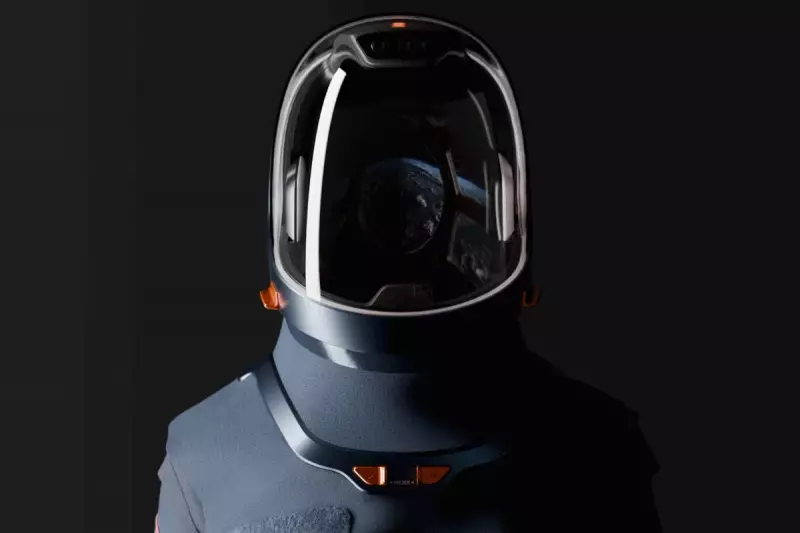
In a giant leap from the high street to the stars, European sporting goods retailer Decathlon has unveiled its first-ever space suit. The groundbreaking EuroSuit is designed for use by European astronauts aboard the International Space Station (ISS).
From Retail to Rockets: A New Era for European Space
Europe's largest sports retailer developed the new suit in partnership with the French national space agency CNES. The collaboration, announced on 17 November 2025, aims to secure European "sovereignty in human space exploration."
The EuroSuit is an intra-vehicular activity (IVA) suit, meaning it will be worn by astronauts during launch, re-entry, and emergency scenarios inside their spacecraft, but not for spacewalks in the vacuum of space.
Sébastien Haquet, Decathlon's director of advanced innovation, stated the project demonstrates the company's capacity to push innovation beyond its traditional expertise. He described it as a fantastic chance to apply the firm's textile and design knowledge in the incredibly demanding environment of space.
Innovation and Testing: The EuroSuit's Key Features
A major technical breakthrough of the EuroSuit is its speed. Astronauts can put on or remove the suit in under two minutes without any assistance. This is a first in the space sector and is seen as a critical feature for ensuring crew safety during emergencies.
A prototype is scheduled for a real-world test on the International Space Station in 2026. French astronaut Sophie Adenot will wear the suit during the European Space Agency's (ESA) Epsilon mission.
Her tests will focus on evaluating the suit's manoeuvrability in microgravity and its functionality while performing tasks such as interacting with a touchscreen.
The Future of European Spacewear
According to CNES, future iterations of the EuroSuit will be more advanced, integrating communications systems and a head-up display for the astronaut. The final design is expected to be revealed later this decade.
Sébastien Barde, deputy director of exploration and human spaceflight at CNES, emphasised that by focusing on in-vehicle suits and leveraging partner expertise, they are preparing for the future needs of European human spaceflight, aligning with the goal of greater autonomy.
This project marks a significant step, bringing Decathlon's engineering prowess to the forefront of Europe's ambitions in space.




